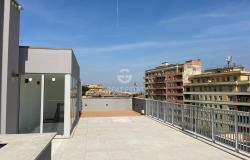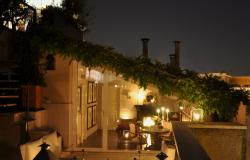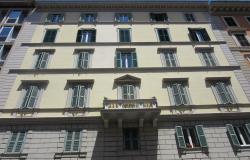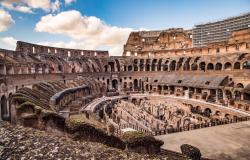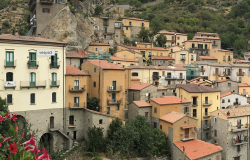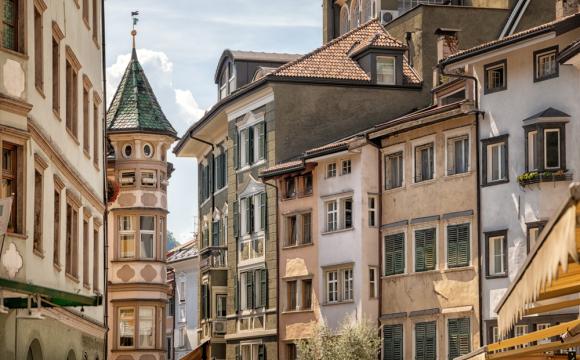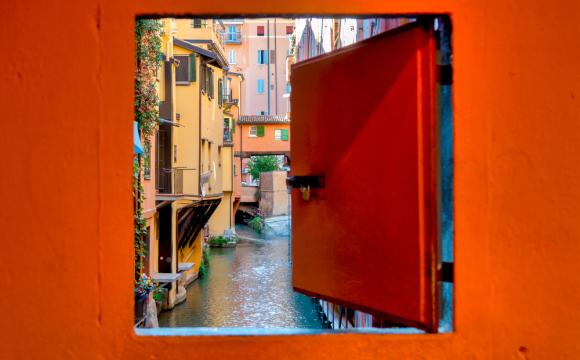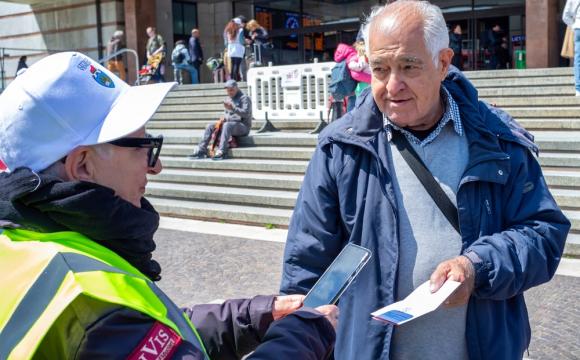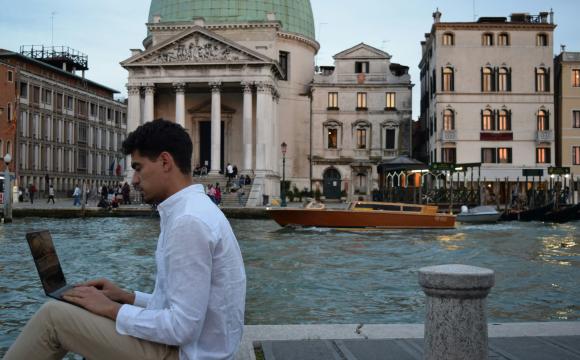On this day in history — or rather, in dark and nebulously defined hours between November 1 and 2, 1975 — the polarizing Italian intellectual Pier Paolo Pasolini was brutally murdered on the beach at Ostia under still-disputed circumstances. But before his life ended in tragedy at age 53, Pasolini — a prolific poet, filmmaker, author, essayist, activist, actor and visual artist, among other titles — was a quintessential voice of 20th-century Italy. Throughout 2022, the country’s museums and cultural institutes have been marking the centenary of Pasolini’s birth, and in recent weeks a new multi-venue exhibition, Pier Paolo Pasolini: Tutto è Santo (Everything is Sacred) opened in Rome to cap off the celebrations.
Part of the PPP100-Roma Racconta Pasolini program, the three-pronged show takes place across Palazzo delle Esposizioni (October 19-February 26, 2023), Palazzo Barberini (October 28-February 12, 2023) and the MAXXI (November 16-March 12, 2023). Each section has a different subtitle, reflecting Pasolini’s varied roles and talents: Palazzo delle Esposizioni hosts Il corpo poetico (The poetic body); Palazzo Barberini, Il corpo veggente (The prophetic body) and the MAXXI, Il corpo politico (The political body).
The large-scale exhibition examines Pasolini’s life, works and influence before and during his near-quarter of a century living in Rome. Original materials on display draw a portrait of Pasolini as a film director, writer, poet and political activist. His often contradictory attitudes and ideas as an openly gay man, a cultural Catholic — albeit a conflicted one — and a Marxist come through in his cross-genre work and the memorabilia on display. The collection includes more than 700 photographs, first-edition publications, interviews, magazine articles (including his “Dialogues with Pasolini” column in Vie Nuove) and newspaper clippings (including the original copy of his infamous 1975 Corriere della Sera article “against abortion”, still readily drawn upon and used to incite debate today). Also among the archival pieces are audio recordings and tapes, and over 250 stagings and costumes featured in his films.
About Pasolini
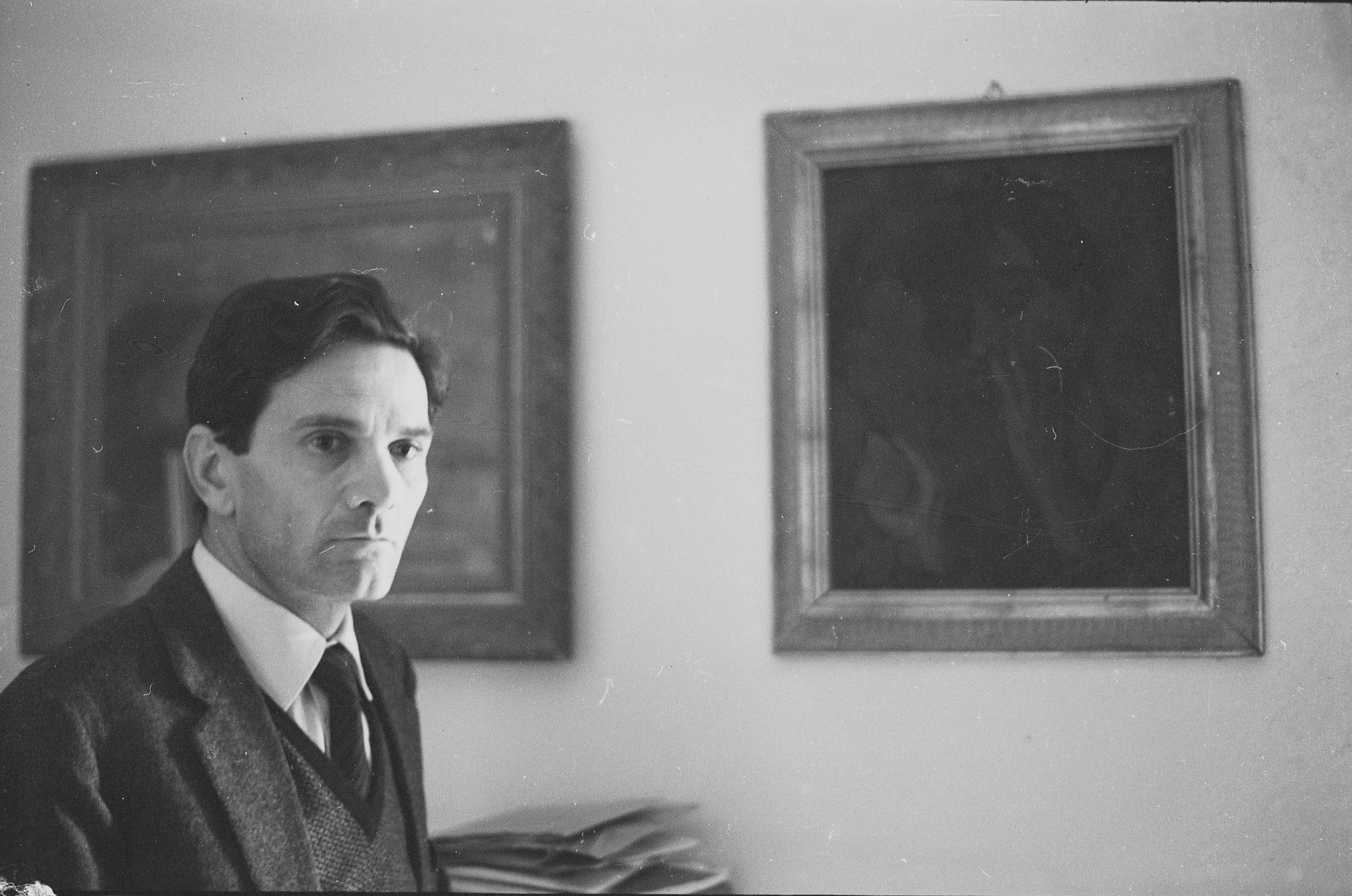
Born in Bologna on March 5, 1922, Pasolini spent much of his early life in Casarsa, in Friuli Venezia Giulia — later becoming a champion of preserving its regional language through his own poetry. The son of an army lieutenant who sympathized with the fascist regime, Pasolini was frequently uprooted throughout adolescence and spent much of his adult life in Rome, moving there with his mother in 1950.
After a stint as a secondary school teacher, Pasolini joined the extras union at Rome’s Cinecittà studios, and began earning a modest living as a proofreader, managing to place some articles and essays of his own through growing connections with local newspapers. Federico Fellini fatefully hired him to help write the film Nights of Cabiria (1957), bolstering Pasolini's passion for filmmaking. In 1961, Pasolini made his directorial debut with Accattone, a gritty drama set in the Pigneto district of Rome, about a man who pimps out his girlfriend but finds himself in dire straits when she is arrested. Class struggle was often a central theme of Pasolini's work, with impoverished neighborhoods of the Italian capital frequently serving as a backdrop for evocative tales of the Roman underclass, the alienated and the forgotten.
Following the acclaim of Accattone — which the Ministry of Cultural Heritage later included in its “100 Italian Films to be Saved” — Pasolini went on to make 11 more films and continued to publish novels and numerous volumes of poetry over his lifetime.
Of his approach to cinema, Pasolini once wrote, “When I make a film I’m always in reality among the trees, and among the people like yourselves. There’s no symbolic or conventional filter between me and reality as there is in literature. The cinema is an explosion of my love for reality.” In this vein, Pier Paolo Pasolini: Tutto è Santo (Everything is Sacred) seeks to illustrate “the sacred nature of reality” for this beguiling figure.
If you go
Il corpo poetico at Palazzo delle Esposizioni
Via Nazionale 194, Rome
October 19-February 26, 2023
Website
Il corpo veggente at Palazzo Barberini
Via delle Quattro Fontane 13, Rome
October 28-February 12, 2023
Website
Il corpo politico at MAXXI
Via Guido Reni 4a, Rome
November 16-March 12, 2023
Website

